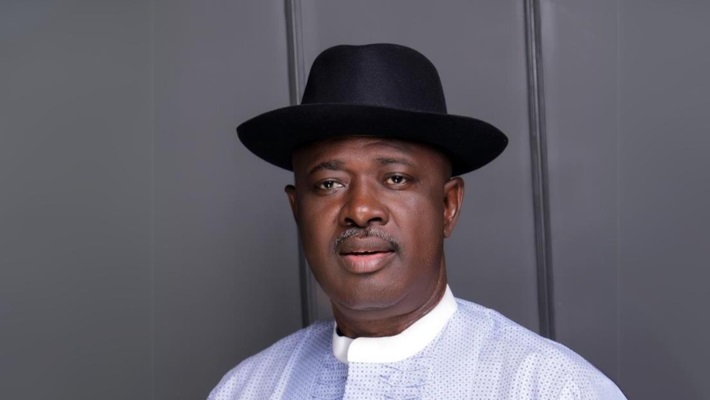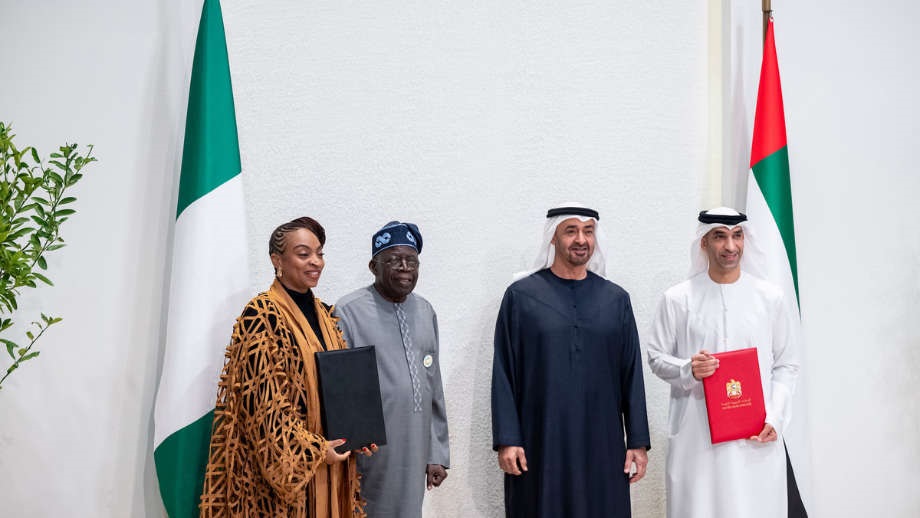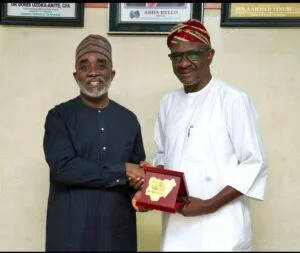Nigeria’s plan to raise the salaries of political office holders has drawn sharp criticism, with stakeholders urging the government to focus on civil service reform and public welfare instead.
The Revenue Mobilisation Allocation and Fiscal Commission (RMAFC) announced the review last week, noting that political leaders currently earn less than heads of agencies. Figures show President Bola Tinubu receives ₦18 million annually, while ministers earn about ₦12 million — salaries unchanged since 2008.
While RMAFC argues the review is overdue, many Nigerians believe it sends the wrong message at a time of economic strain. Citizens interviewed in Abuja described the proposal as “unjustifiable” when inflation, subsidy removal and currency devaluation have worsened living conditions.
“The government should first improve civil servants’ welfare — better salaries, housing and prompt pension payments,” said Dr Anthony Adeleke, a medical practitioner. Lawyer Rosemary Bolaji stressed that public workers, who form the backbone of society, should not be earning minimum wages of ₦70,000 while politicians enjoy increased benefits.
Civil society leaders also weighed in. Williams Osaze of the Society for the Promotion of People’s Rights labelled the move “insensitive”, warning it could fuel inequality and public anger. Retired economist Prof Bello Aliyu urged the government to channel resources into implementing the new minimum wage and addressing unpaid arrears, saying: “Workers are agitating for a fair and transparent salary review that keeps pace with economic realities.”
Critics further argue that political leaders already benefit from generous allowances, security votes and official perks, unlike ordinary workers who struggle to afford basic needs.
As debate grows, observers say the government must tread carefully: prioritising social welfare and rebuilding trust with citizens may prove more urgent than revising salaries for political leaders.





